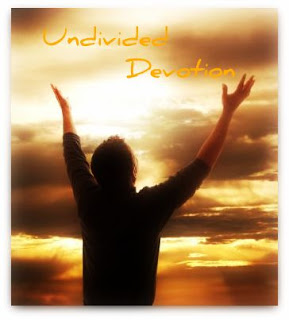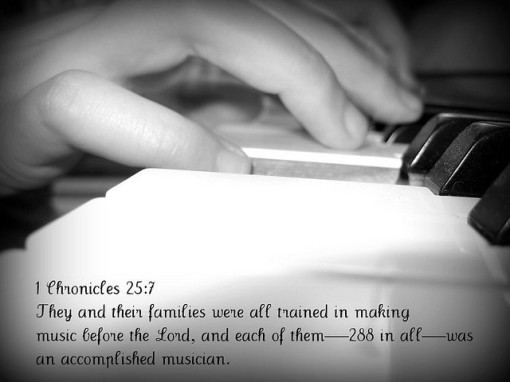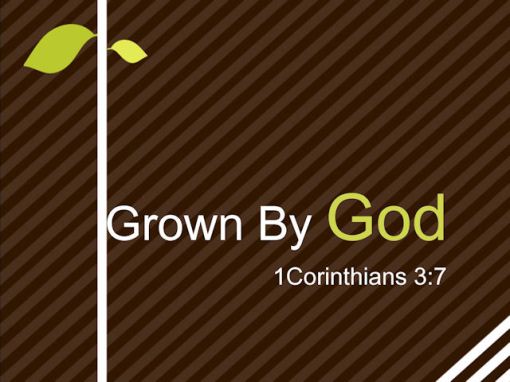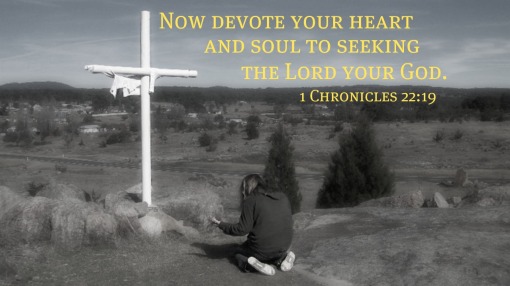DAY TWO HUNDRED AND TWENTY-FIVE : Ecclesiastes 7 v. 1 – 9 v. 12; 1 Corinthians 7 v. 36 – 8 v. 13; Psalm 95 v. 1 – 11;
ECCLESIASTES
Wisdom – the writer praises Wisdom:
– a good name is better than perfume…better to go to a house of mourning than a house of feasting…sorrow is better than laughter, because a sad face is good for the heart…‘the heart of the wise is in the house of mourning, but the heart of fools is in the house of pleasure‘…
– bribery corrupts the heart…patience is better than pride…anger resides in the lap of fools
– do not say, ‘why were the old days better than these?‘, for it is not wise to ask such questions
– ‘Wisdom, like an inheritance, is a good thing’…wisdom is a shelter…wisdom preserves the life of its possessor
– when times are good, be happy; but when times are bad, consider: God has made the one as well as the other
– do not be over-righteous, neither be over-wise; do not be over-wicked, do not be a fool…‘the man who fears God will avoid all extremes
– ‘Wisdom makes one wise man more powerful than ten rulers in a city’
– ‘Do not pay attention to every word people say, or you may hear your servant cursing you…’
– ‘Whatever wisdom may be, it is far off and most profound – who can discover it?‘…so I turned my mind to…understand the stupidity of wickedness and the madness of folly
– ‘This only have I found: God made mankind upright, but men have gone in search of many schemes. Who is like the wise man?’
– Wisdom brightens a man’s face and changes its hard appearance
Obey the King – the writer urges us to honour the king, to be faithful in all we do.
Obey the king’s commands and so be faithful to the promises / oaths we’ve made
‘Whoever obeys his command will come to no harm – and the wise heart will now the proper time and procedure’.
No-one knows the future – so who can predict it?
No-one can control the wind – just as no-one controls the timing of their own death.
‘All this I saw, as I applied my mind to everything done under the sun’.
‘When the sentence for a crime is not quickly carried out, the hearts of the people are filled with schemes to do wrong.’
Although the wicked might appear to prosper, ‘I know that it will go better with God-fearing men, who are reverent before God’.
‘There is something else which is meaningless…righteous men who get what the wicked deserve, and wicked men who get what the righteous deserve.’
‘So I commend the enjoyment of life, for nothing is better for a man under the sun than to eat, drink and be glad. Then joy will accompany him in his work all the days of the life God has given him under the sun.’
‘…I saw all that God has done…even if a wise man claims he knows, he cannot really comprehend it.’
A Common Destiny of All – the righteous and the wicked are both in God’s hands, the same destiny awaits all
‘As it is with the good man, so with the sinner – as it is with those who take oaths, so with those who are afraid to take them.’
The evil that happens : the hearts of men, filled with evil, allow madness to take over while they live.
‘Anyone who is among the living has hope (a live dog is better than a dead lion)’
Eat, then, with gladness; drink with a joyful heart – for it is now that God favours what you do.
Be clothed in white, anoint your head with oil.
‘Enjoy life with your wife, whom you love, all the days of this meaningless life….’
Whatever your hand finds to do, do it with all your might.
‘The race is not to the swift, or the battle to the strong. Nor does food come to the wise or wealth to the brilliant or favour to the learned. Time and chance happen to them all.’
there is much wisdom in many of these phrases – borne out of taking the time to ‘reflect on all this’ – to wait on God
‘anyone who is among the living has hope’….there’s always HOPE.
1 CORINTHIANS
Marriage (cont.) – Again, Paul is addressing the questions he must have had presented to him around whether it was better to marry or not. He talks of those who are engaged to be married, and urges them to ‘do as they want’, and encourages them to get married.
It would also be right, though, to have thought things through and to decide not to marry.
‘So then, he who marries…does right, but he who does not marry…does even better.’ – again, probably Paul is simply making a comparison with those (like himself) who choose not to marry and find themselves sometimes freer to serve God whole-heartedly.
Marriage is binding as long as both partners live, says Paul. When a husband dies, the woman is free to marry anyone else – he urges that she marry a fellow-believer (‘he must belong to the Lord’). Paul has clearly prayed these issues through: ‘I think that I too have the Spirit of God’, and rounds up this long passage on ‘Marriage’ by repeating his main point, that people should remain in the situation they currently find themselves (for Paul, time is short, and the mission is priority).
Food Sacrificed to Idols – Paul had also been asked a question about whether it was right, or not, to eat food that had been sacrificed to idols / other gods. Paul recognises that there are some in the fellowship who possess sufficient knowledge to be able to say, ‘As there is only One God, and all the idols and false gods are nothing anyway, then there is no need to fear or steer clear of food which has been presented in their temples.’
However Paul appeals more deeply to the quality of love, of loving concern, which is greater / superior to knowledge.
‘Knowledge puffs up, but love builds up’.
‘The man who thinks he knows something does not yet know as he ought to know. But the man who loves God is known by God.’
In the pagan society in which the Corinthian church is growing, some new believers bring with them the baggage of a ‘food-sacrificing’ worship of false gods. For them, there is the need to create a real separation from the past, to protect their ‘weak conscience from being defiled’.
The greater issue for Paul is drawing near to God (and neither eating certain foods, or abstaining from them will by automatically aid that journey of faith).
We have to be careful that our Christ-found freedoms don’t ‘become a stumbling-block to the weak’.
In this example, a weaker brother may be ‘destroyed’ by seeing others eat temple food, allowing him to be tempted to sin.
‘When you sin against your brothers in this way and wound the weak conscience, you sin against Christ. Therefore, if what I eat causes my brother to fall into sin, I will never eat meat again, so that I will not cause him to fall.’
This is a powerful plea to counter knowledge with love, and heart to build up weaker members of the fellowship. I wonder in what ways we need to temper our behaviour, not because our salvation depends upon it, but because someone else’s might.

PSALM
‘Come, let us sing for joy to the Lord – shout aloud to the Rock of our salvation
Come, let us approach Him with thanksgiving – praising Him with our music and singing.
My Lord, my God – You are great – the greatest King, way above all gods.
In Your hand You hold the earth’s depths, and the mountain tops;
the seas are Yours for You made them, and You formed the land.
Come, let us bow down in worship – kneel before our Lord God.
My Lord, my God – You are our God, and we are Your flock, Your sheep,
for You nurture and care for us.
If we hear Your voice today, may we not harden our hearts (as at Meribah, or Massah)
as our ancestors were tested, even though they had experienced so much in all You did for them.
My Lord, Your anger towards them lasted forty years; You said,
‘My people’s hearts have wandered, they have drifted from my ways’.
You pledged that they would never ‘enter Your rest.”

![Three_Strands[2]](https://revphil2011.files.wordpress.com/2013/06/three_strands2.jpg?w=510)


















 1 CHRONICLES
1 CHRONICLES